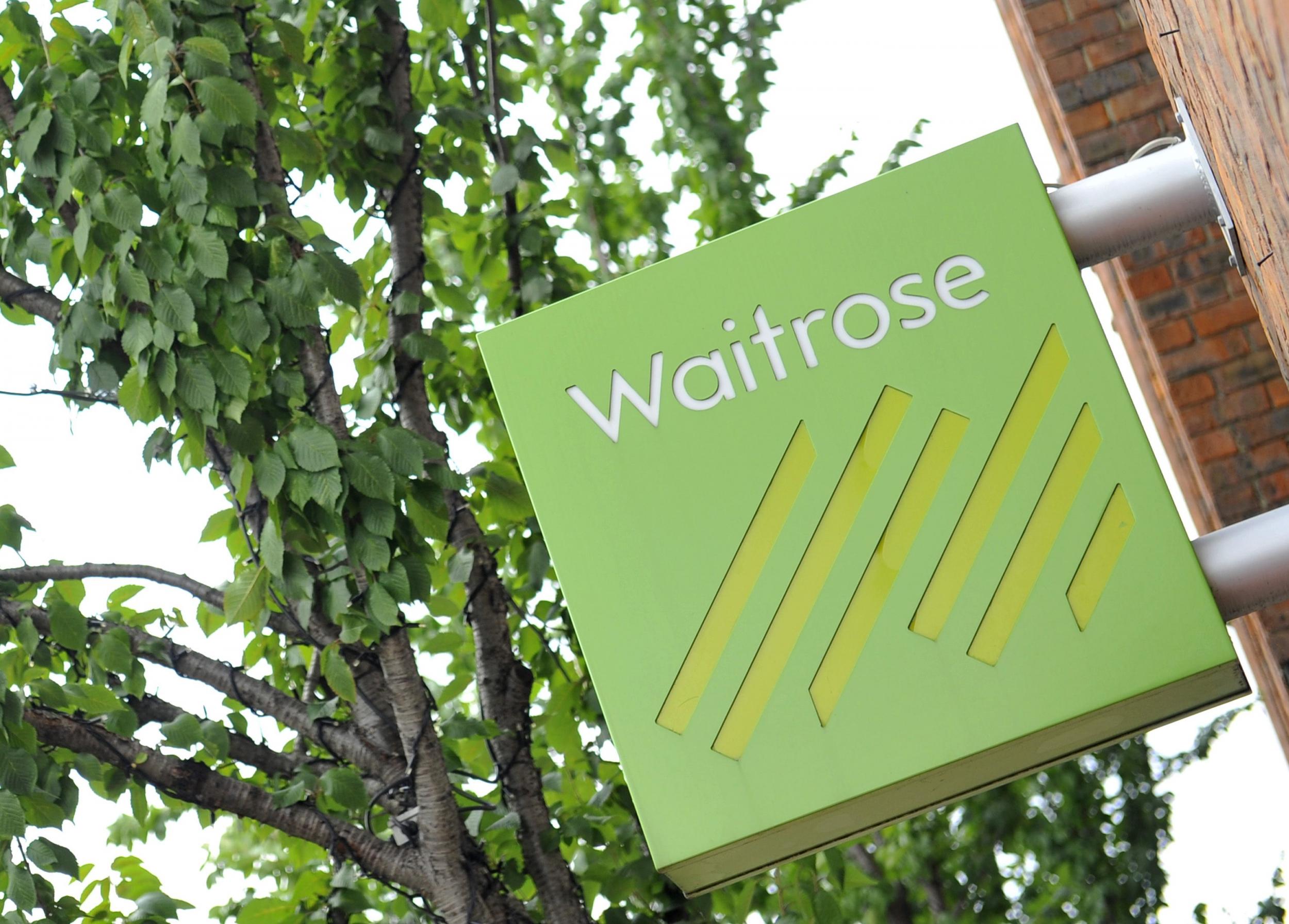Waitrose to ban glitter in all own-brand products by 2020
The move comes after mounting concern about the effects of plastics on marine wildlife

Your support helps us to tell the story
From reproductive rights to climate change to Big Tech, The Independent is on the ground when the story is developing. Whether it's investigating the financials of Elon Musk's pro-Trump PAC or producing our latest documentary, 'The A Word', which shines a light on the American women fighting for reproductive rights, we know how important it is to parse out the facts from the messaging.
At such a critical moment in US history, we need reporters on the ground. Your donation allows us to keep sending journalists to speak to both sides of the story.
The Independent is trusted by Americans across the entire political spectrum. And unlike many other quality news outlets, we choose not to lock Americans out of our reporting and analysis with paywalls. We believe quality journalism should be available to everyone, paid for by those who can afford it.
Your support makes all the difference.Waitrose has pledged to ban glitter from all its own-brand products by 2020.
Joining the fight against plastic pollution, the retailer says that in two years time its cards, gift wraps, crackers, gift tags, flowers and plants will either be glitter-free, or use an environmentally-friendly alternative.
Instead, the supermarket intends to use more vibrant foliage in its flowers, and elaborate designs on its cards and wrapping paper so as not to completely take the sparkle out of Christmas.
“Reducing the impact of plastics on the environment is something our customers care passionately about,” said Tor Harris, head of CSR, health and agriculture for Waitrose & Partners.
“While it’s important to eliminate the use of glitter, we’ll find other ways to make sure our products sparkle at Christmas and throughout the year.”
The move comes as mounting concern about the effects of plastics on marine wildlife has meant brands are starting to reconsider how micro-plastics are used in their products.
One of the worst offenders, glitter is made up of tiny pieces of plastic that, when washed off, can pass through filtration systems and end up in the ocean.
Scientists and campaigners believe some eight million tonnes of plastic is currently floating in the world’s seas, affecting some 600 species.
Waitrose became the first supermarket to cut plastics in its beauty products by switching to biodegradable paper from plastic cotton buds in 2016, after the microbeads in plastic cotton buds were recognised as a serious threat to marine ecosystems.
The retailer has also brought forward its target to make all its own brand packaging widely recycled, reusable or home compostable from 2025 to 2023.
Earlier this year, BBC One’s Strictly Come Dancing announced that it had banned the use of traditional glitter on the programme.
A spokesperson explained that all liquid glitter being used throughout the show is eco-friendly, and won’t pose a threat to marine life when flushed down the drain.
“All our liquid glitter used in the theme weeks is sourced from Burt’s Bees which is all biodegradable, and this series they will also be supplying us with biodegradable makeup wipes,” they said.
On top of that, the spokesperson added that the majority of makeup used on contestants is also biodegradable, and that the show is currently investigating whether absolutely all of the ingredients in the makeup it uses is eco-friendly.
Join our commenting forum
Join thought-provoking conversations, follow other Independent readers and see their replies
0Comments